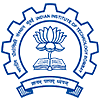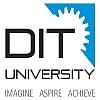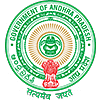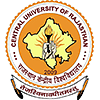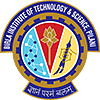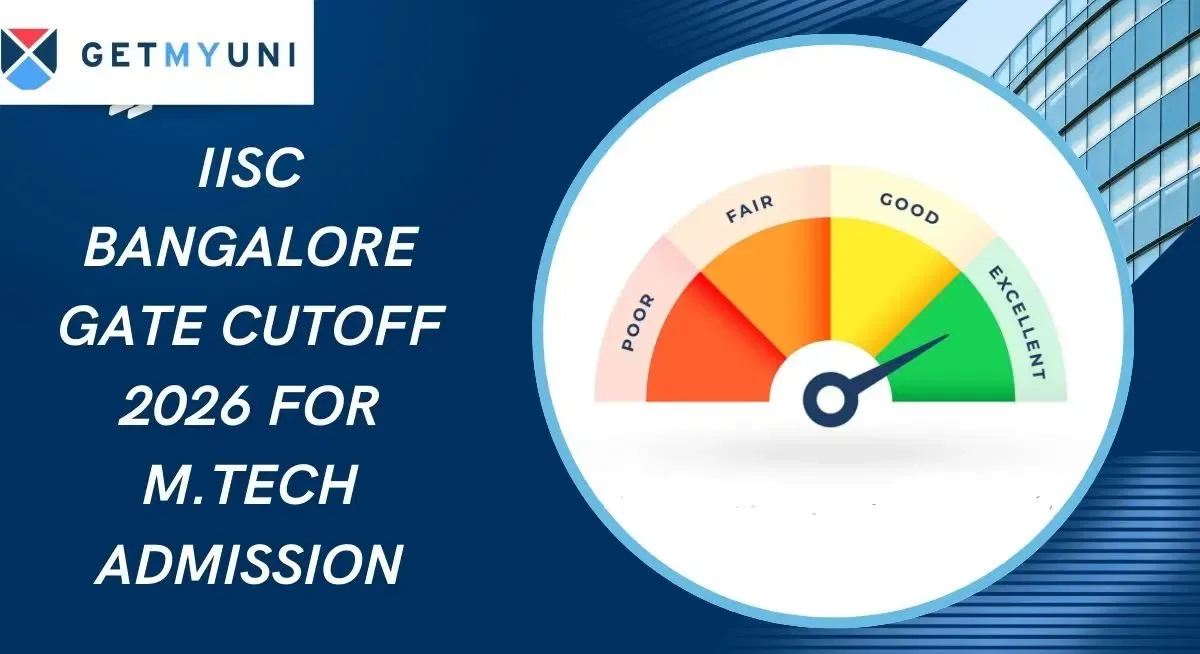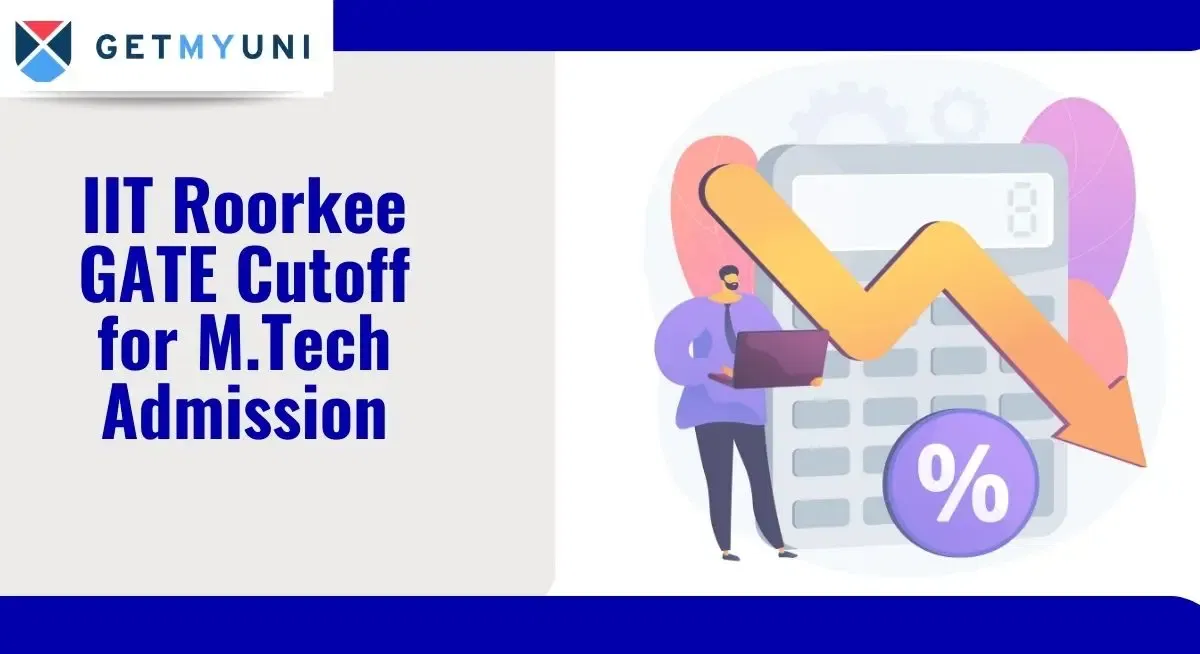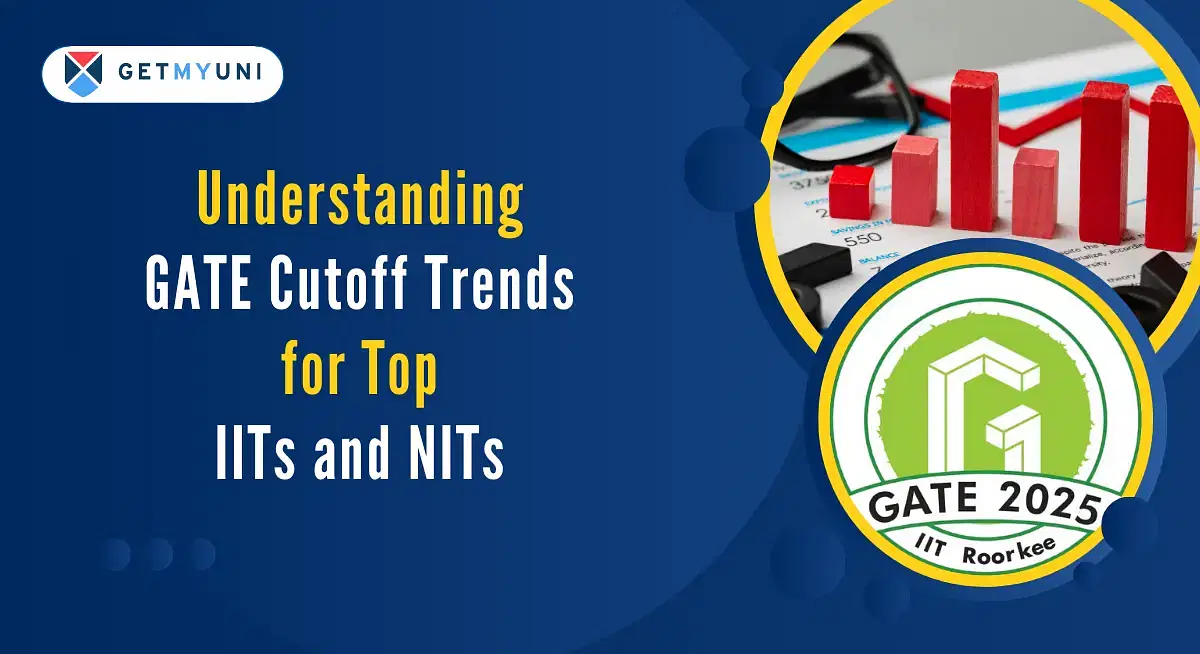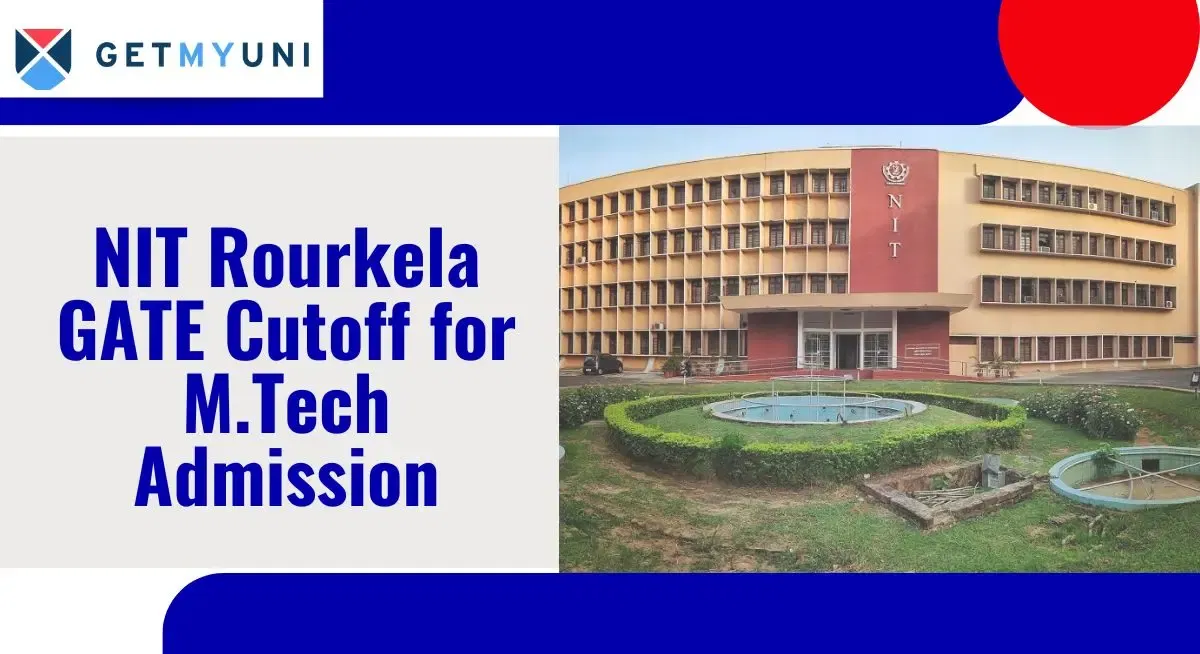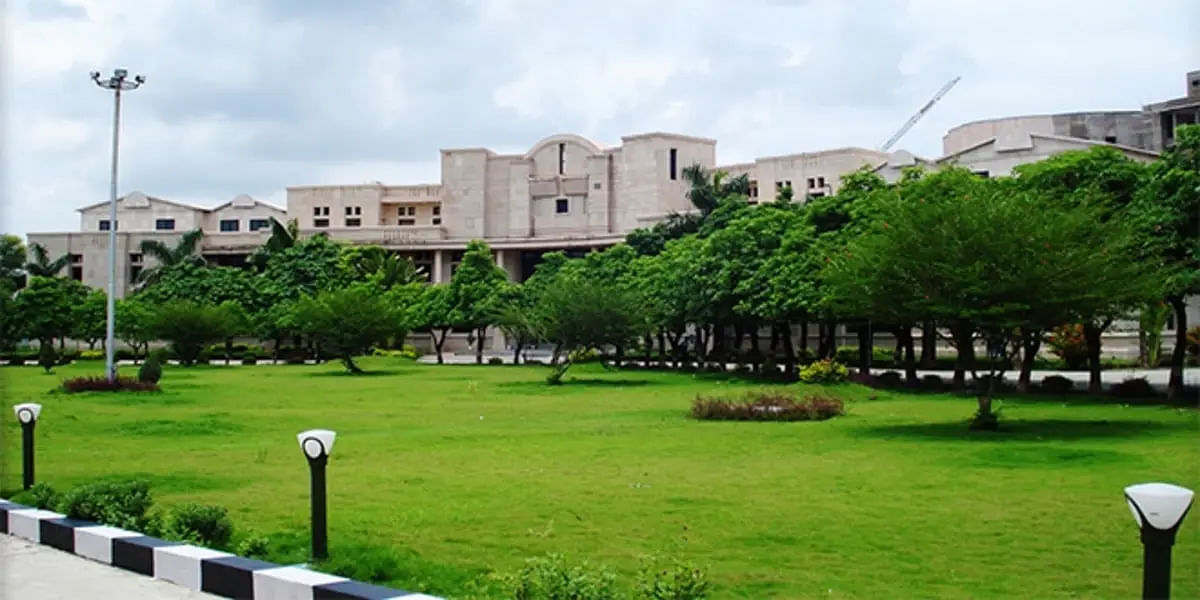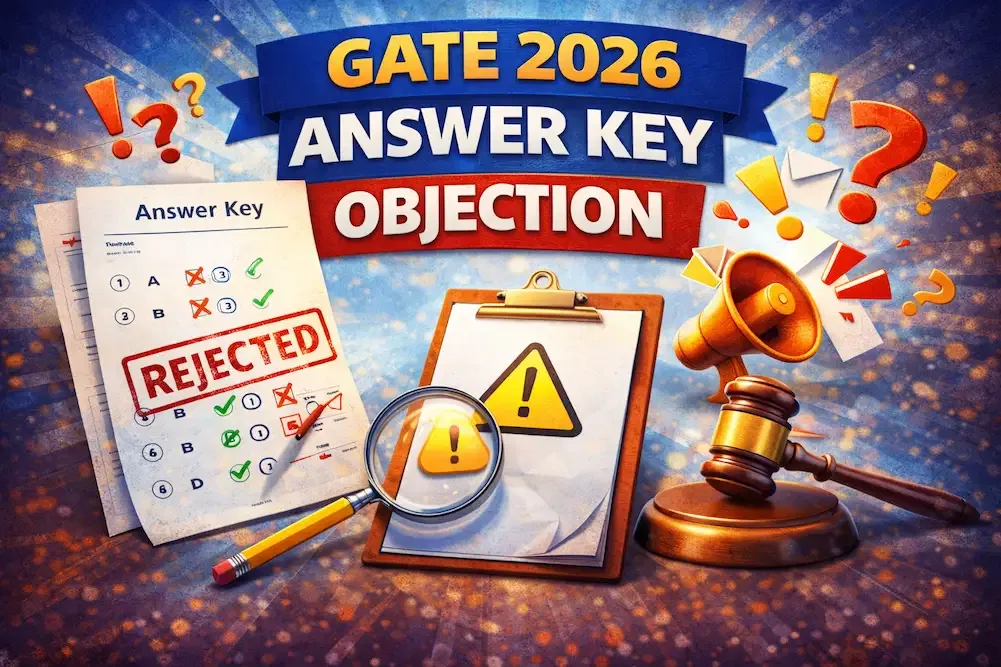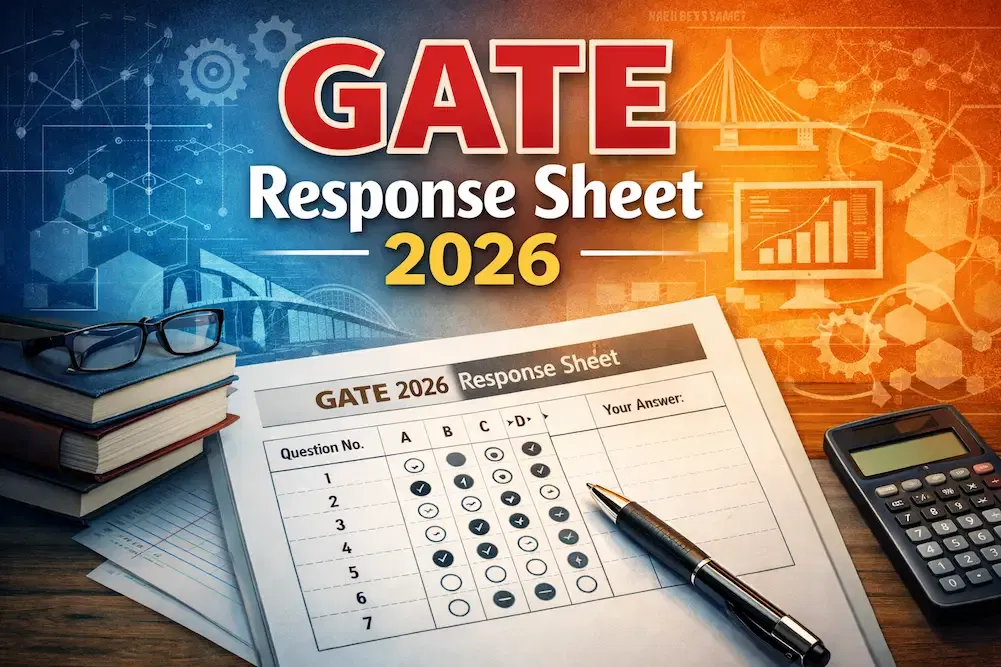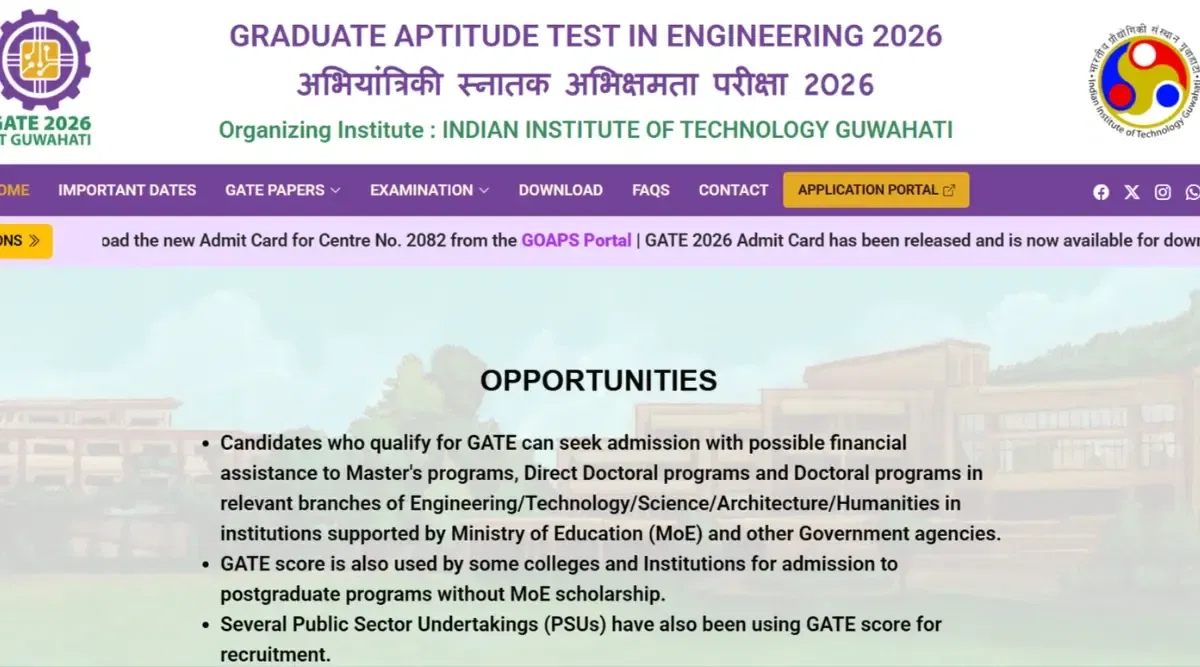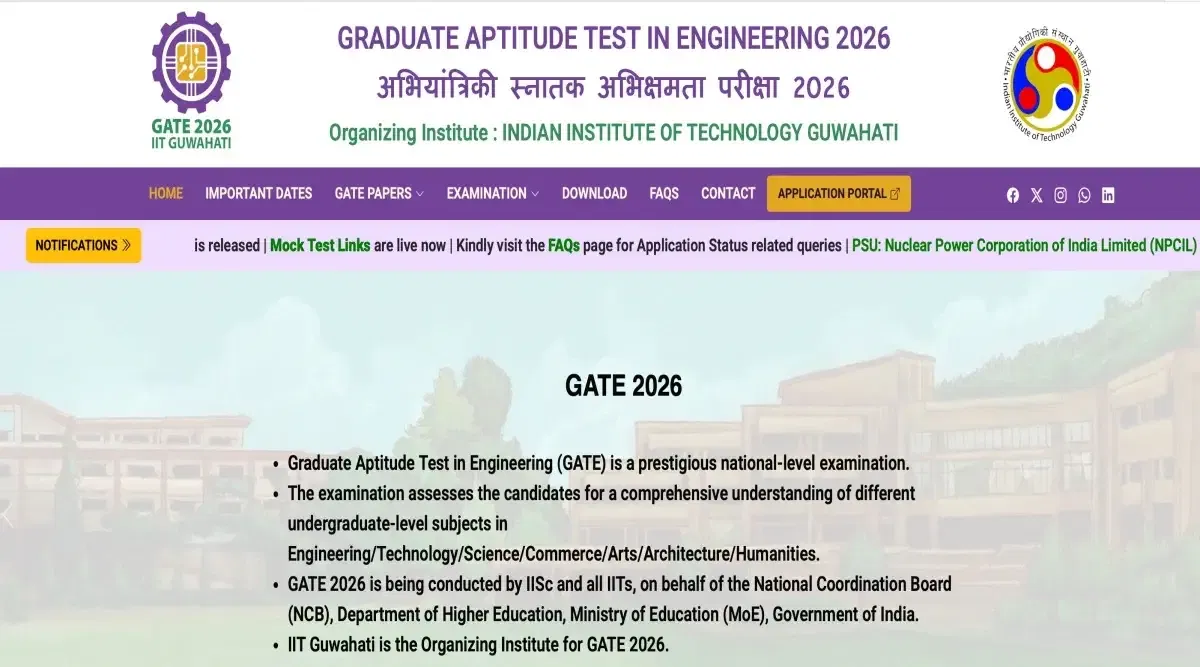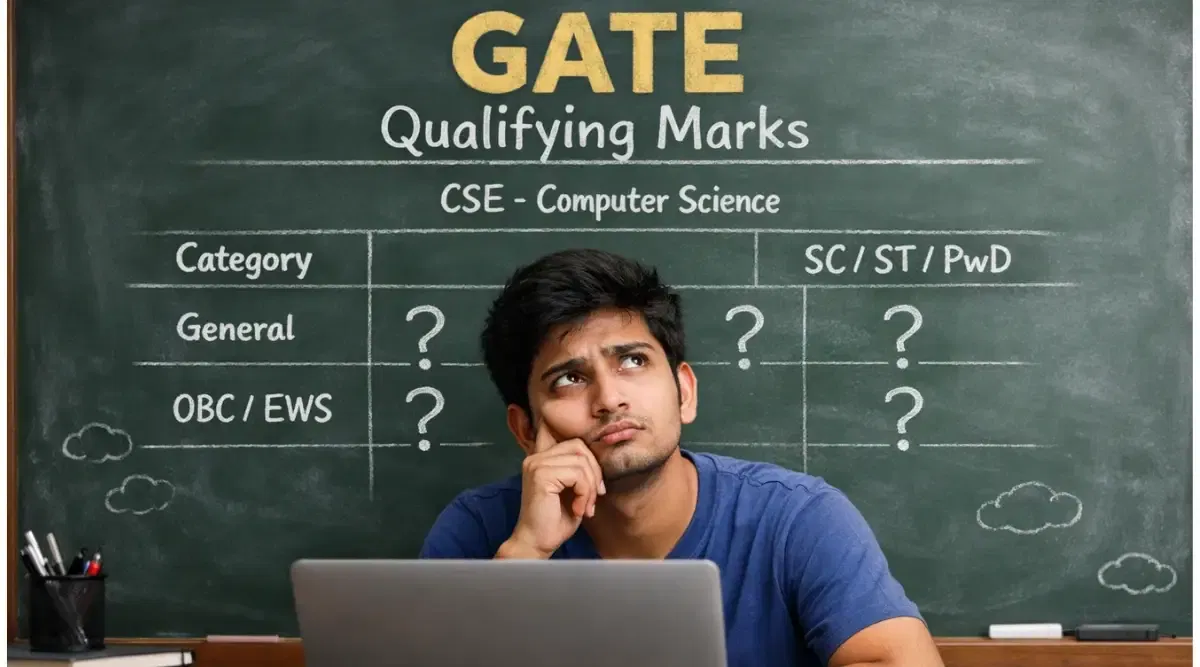
Table of Contents
- GATE Syllabus 2026 PDFs Download
- GATE Engineering Syllabus 2026 Subject-Wise Topics
- GATE Syllabus for Data Science and Artificial Intelligence
- GATE CSE Syllabus 2026
- GATE Chemistry Syllabus 2026
- GATE Ecology and Evolution and Geology and Geophysics Syllabus 2026
- GATE Mathematics Syllabus 2026
- GATE Metallurgy Syllabus 2026
- GATE Physics Syllabus 2026
- GATE XE, XL, and XH Subject Code Paper Syllabus
- GATE Exam Pattern 2026
- GATE 2026 Important Books
GATE Syllabus will be released by IIT Guwahati on the official website of GATE. The GATE Exam syllabus is divided into two parts: General Aptitude and Core Discipline (paper-specific courses). The General Aptitude section is common in all GATE syllabus pdf and carries a 15% weightage.
GATE exam syllabus 85% weightage is for the Core Discipline and Engineering Mathematics subjects and topics. Candidates must go through the GATE exam pattern and GATE subject-wise syllabus before starting the preparation.
GATE Syllabus 2026 PDFs Download
IIT Guwahati will update the latest GATE syllabus 2026 PDF on the official website of GATE 2026. Learning about the syllabus will help them understand the specific topics for the GATE exam 2026. GATE Data Science and AI Syllabus is also available on the institute's official website at gate2026.iisc.ac.in.
GATE syllabus 2026 is crucial since it gives students an understanding of the topics and subjects covered in the exams. Knowing the GATE exam syllabus pdf will enable students to organize their studies effectively to ace the tests. In GATE 2026, a new paper on Data Science and Artificial Intelligence (DA) has been introduced.
GATE 2026 syllabus PDF will be released soon. Download the detailed GATE 2025 syllabus PDF by clicking on the links below:
| Particulars | GATE 2025 Syllabus | GATE 2026 Syllabus |
| GATE Aerospace Engineering Syllabus | Download Here | To Be Updated |
| GATE Agricultural Engineering Syllabus | Download Here | To Be Updated |
| GATE Architecture and Planning Syllabus | Download Here | To Be Updated |
| GATE Biomedical Engineering Syllabus | Download Here | To Be Updated |
| GATE Biotechnology Syllabus | Download Here | To Be Updated |
| GATE Civil Engineering Syllabus | Download Here | To Be Updated |
| GATE Chemical Engineering Syllabus | Download Here | To Be Updated |
| GATE Computer Science & Information Technology Syllabus | Download Here | To Be Updated |
| GATE Chemistry Syllabus | Download Here | To Be Updated |
| GATE Data Science and Artificial Intelligence Syllabus | Download Here | To Be Updated |
| GATE Electronics and Communication Engineering Syllabus | Download Here | To Be Updated |
| GATE Electrical Engineering Syllabus | Download Here | To Be Updated |
| GATE Environmental Science & Engineering Syllabus | Download Here | To Be Updated |
| GATE Ecology & Evolution Syllabus | Download Here | To Be Updated |
| GATE Geomatics Engineering Syllabus | Download Here | To Be Updated |
| GATE Geology & Geophysics Engineering Syllabus | Download Here | To Be Updated |
| GATE Instrumentation Engineering Syllabus | Download Here | To Be Updated |
| GATE Mathematics Syllabus | Download Here | To Be Updated |
| GATE Mechanical Engineering Syllabus | Download Here | To Be Updated |
| GATE Mining Engineering Syllabus | Download Here | To Be Updated |
| GATE Metallurgical Engineering Syllabus | Download Here | To Be Updated |
| GATE Naval Architecture and Marine Engineering Syllabus | Download Here | To Be Updated |
| GATE Petroleum Engineering Syllabus | Download Here | To Be Updated |
| GATE Physics Syllabus | Download Here | To Be Updated |
| GATE Production & Industrial Engineering Syllabus | Download Here | To Be Updated |
| GATE Statistics Syllabus | Download Here | To Be Updated |
| GATE Textile Engineering & Fibre Science Syllabus | Download Here | To Be Updated |
| GATE Engineering Sciences Syllabus | Download Here | To Be Updated |
| GATE Humanities & Social Sciences Syllabus | Download Here | To Be Updated |
| GATE Life Sciences Syllabus | Download Here | To Be Updated |
Know More: Best Books for GATE 2026
GATE Engineering Syllabus 2026 Subject-Wise Topics
While the General Aptitude syllabus under GATE 2026 remains the same, the core discipline syllabus varies across subjects. Notably, candidates may find some common topics among subjects; however, the weightage and marking structure can differ. Here's a brief overview of the GATE subject-wise syllabus 2026 as provided by IIT Roorkee:
GATE Aerospace Engineering Syllabus 2026
The GATE Aerospace Engineering Syllabus 2026 is provided below:
| Aerospace Engineering Syllabus | |
| Fourier Series | Laplace Transforms |
| Numerical methods for linear and nonlinear algebraic equations | Numerical integration and differentiation. |
| Dynamic stability | Euler angle |
| Equations of motion | Aerodynamic forces and moments, stability & control derivatives |
| Decoupling of longitudinal and lateral-directional dynamics | Longitudinal modes; lateral-directional modes. |
| Orbit transfer | In-plane and out-of-plane |
| Elementary ideas of viscous flows, including boundary layers | Wind Tunnel Testing |
| Measurement and visualization techniques | Vibration of beams |
| Theory of elasticity | Equilibrium and compatibility equations |
| Airy’s stress function | - |
GATE Agriculture Engineering and Architecture & Planning Syllabus 2026
Below is the GATE Syllabus 2026 for Agriculture Engineering and Architecture & Planning:
| Agriculture Engineering Syllabus | Architecture & Planning Syllabus |
| Engineering Mathematics | Architecture and Design |
| Farm Power | Building and Structures |
| Irrigation and Drainage Engineering | Urban Design |
| Dairy and Food Engineering | Planning Techniques and Management |
| Farm Machinery | Building Materials, Construction, and Management |
| Soil and Water Conservation Engineering | Environmental Planning and Design |
| Agricultural Processing Engineering | Urban Planning and Housing |
| Services, Infrastructure, and Transportation | |
GATE Chemical Engineering Syllabus 2026
The GATE Chemical Engineering syllabus is covered under nine important sections in the exam. Below is the GATE Syllabus 2026 for Chemical Engineering:
| Chemical Engineering Syllabus | |
| Engineering Mathematics | Process Calculations and Thermodynamics |
| Fluid Mechanics and Mechanical Operations | Heat Transfer |
| Mass Transfer | Chemical Reaction Engineering |
| Instrumentation and Process Control | Plant Design and Economics |
| Chemical Technology | - |
GATE EEE Syllabus 2026
Provided below is the GATE EEE syllabus 2026, i.e. GATE syllabus for Electrical Engineering & Electronics Engineering:
| Electrical Engineering Syllabus | |
| Engineering Mathematics | Electrical Circuits |
| Electromagnetic Fields | Signals and Systems |
| Electrical Machines | Power Systems |
| Control Systems | Electrical and Electronic Measurements |
| Analog and Digital Electronics | Power Electronics |
GATE Topic-Wise Weightage 2026 for Electrical Engineering
GATE syllabus for EEE with expected topics, weightage and marks:
| GATE EE Syllabus Topics | Expected Weightage in Marks |
| Network Theory | 11.75 |
| Signal & System | 8.5 |
| Control Systems | 9 |
| Power Systems | 9.75 |
| Electrical machines | 8.25 |
| Electrical & Electronics Measurements | 4.5 |
| Analog & Digital Electronics | 11.25 |
| EMT | 2.75 |
| General Aptitude | 15 |
| Engineering Maths | 11.75 |
| Power Electronics | 7.5 |
GATE Environmental Science and Engineering Syllabus
The conducting authorities have introduced a new subject GATE ES (Environmental Science), syllabus for this new subject is available in the PDF file:
| Environmental Science & Engineering (New) | |
| Environmental Management and Sustainable Development | Environmental Chemistry |
| Environmental Microbiology | Water Resources and Environmental Hydraulics |
| Water & Wastewater Treatment and Management | Air and Noise Pollution |
| Solid and Hazardous Waste Management | Global and Regional Environmental Issues |
GATE Syllabus 2026 for Instrumentation Engineering
Below is the GATE Instrumentation Engineering Syllabus 2026:
| Instrumentation Engineering Syllabus | |
| Engineering Mathematics | Control Systems |
| Electrical Circuits | Analog and Digital Electronics |
| Signals and Systems | Measurements |
| Sensors and Industrial Instrumentation | Communication and Optical Instrumentation |
GATE 2026 Topic Wise Weightage for Instrumentation Engineering
Candidates can find the GATE syllabus 2026 for Instrumentation Engineering in topic-wise weightage in the table below:
| Topic | Expected weightage |
| Analog circuits | 11.75 |
| Measurements | 6.25 |
| Communications | 1.5 |
| Control System | 10.75 |
| Digital Circuits | 7 |
| Analytical Biomedical & Optical Instrumentation | 4.25 |
| Circuits & Networks | 10.25 |
| General Aptitude | 15 |
| Signals and Systems | 7.75 |
| Transducers | 12.25 |
| Engg Maths | 11.75 |
| Process Controls | 1.5 |
GATE Syllabus 2026 for Mechanical and Mining Engineering
Candidates can find the GATE Mechanical Engineering syllabus 2026 below:
| Mechanical Engineering Syllabus | Mining Engineering Syllabus |
| Engineering Mathematics | Engineering Mathematics |
| Fluid Mechanics and Thermal Science | Geomechanics and Ground Control |
| Applied Mechanics and Design | Surface Environment, Mine Ventilation, and Underground Hazards |
| Material, Manufacturing and Industrial Engineering | Mine Development Surveying |
| - | Mining Methods and Machinery |
| - | Mine Economics, Mine Planning, System Engineering |
GATE 2026 Topic Wise Weightage for Mechanical Engineering
GATE syllabus for mechanical engineering with important topics' weightage and marks:
| Topic | Expected Weightage in Marks |
| Engineering Mechanics | 2.5 |
| Strength of materials | 7.75 |
| Heat Transfer | 6 |
| Machine Design | 3.75 |
| Fluid Mechanics | 7.5 |
| Theory of Mechanics | 9 |
| Thermodynamics | 12.75 |
| Refrigeration & Air Conditioning | 1.25 |
| General Aptitude | 15 |
| Industrial Engineering | 8 |
| Engineering Maths | 12.25 |
| Manufacturing Engineering | 14.25 |
GATE Production and Industrial Engineering Syllabus 2026
Below candidates can find the GATE Production and Industrial Engineering Syllabus 2026:
| Production and Industrial Engineering Syllabus | |
| Engineering Mathematics | General Engineering |
| Manufacturing Processes | Quality and Reliability |
| Industrial Engineering | Operation Research and Operational Management |
GATE Textile Engineering Syllabus 2026
Below is the GATE Textile Engineering Syllabus 2026:
| Textile Engineering Syllabus | |
| Engineering Mathematics | Textile Engineering and Fibre Science |
GATE Aptitude and Biomedical Engineering Syllabus 2026
Below candidates can find the GATE Aptitude Syllabus 2026:
| General Aptitude Syllabus (Common for all papers) | Biomedical Engineering Syllabus |
| Verbal Ability | Numerical Ability |
| Numerical Ability | Engineering Mathematics |
| - | Analog and Digital Electronics |
| - | Electrical Circuits |
| - | Signals and Systems |
| - | Sensors and Bioinstrumentations |
| - | Biomaterials |
| - | Measurement and Digital Electronics |
| - | Medical Imaging System |
| - | Human Anatomy and Physiology |
| - | Biomechanics |
GATE Biotechnology and Civil Engineering Syllabus 2026
Below is the GATE Biotechnology Syllabus and GATE syllabus for Civil Engineering:
| Biotechnology Syllabus | Civil Engineering Syllabus |
| Engineering Mathematics | Engineering Mathematics |
| Recombinant DNA Technology | Geotechnical Engineering |
| Bioprocess Engineering and Process Biotechnology | Environmental Engineering |
| General Biotechnology | Geomatics Engineering |
| Plant and Animal Biotechnology | Structural Engineering |
| - | Water Resources Engineering |
| - | Transportation Engineering |
GATE Topic-Wise Weightage 2026 for Civil Engineering
GATE 2026 syllabus for Civil Engineering with important topics and weightage is mentioned below:
| Topic | Weightage |
| SOM | 7.75 |
| Structural Analysis | 3.5 |
| FM and Hydraulic machine | 6.75 |
| Irrigation & Hydrology | 7.75 |
| RCC and Prestressed Concrete | 6.5 |
| Geo-Technical | 15.25 |
| Design of Steel Structures | 4.25 |
| Highway & Surveying | 12 |
| Engineering Mathematics | 12.25 |
| General Aptitude | 15 |
| Environment Engineering | 9 |
GATE Syllabus 2026 for Electronics and Communication Engineering
Candidates preparing for the GATE syllabus for the ECE paper can review the weightage to learn about the relevant topics. Check out the GATE ECE 2026 syllabus here:
| Electronics and Communication Engineering Syllabus | |
| Engineering Mathematics | Networks, Signals and Systems |
| Electronic Devices | Analog Circuits |
| Digital Circuits | Control System |
| Communication | Electromagnetics |
GATE ECE Topic Weightage 2026
Candidates can check out the GATE ECE syllabus 2026 and topic weightage in the table below.
| Topic | Weightage |
| Network Theory | 11.25 |
| Electronics Devices & Circuits | 7.25 |
| Digital Circuits | 6 |
| Signal & Systems | 9 |
| Analog Circuits | 11.75 |
| Control Systems | 9 |
| Communication Systems | 10.75 |
| EMT | 9.5 |
| Engineering Maths | 10.5 |
| General Aptitude | 15 |
| Micro Processors | 1.5 |
GATE Syllabus for Data Science and Artificial Intelligence
GATE 2026 Data Science and AI Syllabus are divided into two sections: General Aptitude and Core Discipline, with weightages of 15 and 85 points respectively:
| Subject | Topics |
| Probability and Statistics |
Counting (permutation and combinations) Probability axioms Sample space, events, independent events, mutually exclusive events, marginal, conditional, and joint probability Bayes Theorem, conditional expectation and variance, mean, median, mode, and standard deviation Correlation, covariance and random variables Discrete random variables and probability mass functions Uniform, Bernoulli, binomial distribution Continuous random variables Probability distribution function Uniform, exponential, Poisson, normal, standard normal T-distribution, chi-squared distributions Cumulative distribution function Conditional PDF Central limit theorem |
| Linear Algebra |
Vector space, subspaces, linear dependence, and independence of vectors. Matrices, projection matrix, orthogonal matrix, idempotent matrix, partition matrix, and their properties Quadratic forms Systems of linear equations and solutions Gaussian elimination Eigenvalues and Eigenvectors Determinant, rank, nullity, projections, LU decomposition, singular value decomposition. |
| Calculus and Optimization |
Functions of a single variable Limit Continuity and differentiability Taylor series Maxima and minima Optimization involving a single variable. |
| Programming, Data Structures and Algorithms |
Programming in Python Basic data structures: stacks, queues, linked lists, trees, hash tables Search algorithms: linear search and binary search Basic sorting algorithms: selection sort, bubble sort, and insertion sort Divide and conquer: mergesort, quicksort; introduction to graph theory Basic graph algorithms: traversals and shortest path. |
| Database Management and Warehousing |
ER-model Relational model: relational algebra, tuple calculus, SQL, integrity constraints, normal form, file organization, indexing Data types, data transformation such as normalization, discretization, sampling, compression Data warehouse modeling: schema for multidimensional data models, concept hierarchies, measures: categorization and computations. |
| Machine Learning |
Supervised Learning: regression and classification problems Simple linear regression, multiple linear regression, ridge regression, logistic regression K-nearest neighbor Naive Bayes classifier Linear discriminant analysis Support vector machine Decision trees Bias-variance trade-off Cross-validation methods such as leave-one-out (LOO) cross-validation K-folds cross-validation, multi-layer perceptron, feed-forward neural network Unsupervised Learning: clustering algorithms, k-means/k-medoid, hierarchical clustering top-down, bottom-up: single-linkage, multiple- linkage, dimensionality reduction, principal component analysis. |
| AI |
Search: informed, uninformed Adversarial; logic, propositional, predicate Reasoning under uncertainty topics – conditional independence representation Exact inference through variable elimination Approximate inference through sampling. |
GATE CSE Syllabus 2026
Below candidates can find the syllabus for CSE, i.e., GATE Computer Science syllabus and the Information Technology Engineering syllabus. GATE Computer Science and Information Technology Syllabus is mentioned with important topics:
| Computer Science and Information Technology Syllabus | |
| Engineering Mathematics | Digital Logic |
| Computer Organization and Architecture | Programming and Data Structures |
| Algorithms | Theory of Computation |
| Compiler Design | Operating System |
| Databases | Computer Networks |
GATE Topic Wise Weightage 2026 for CSE
Candidates can begin their preparation for the GATE CSE syllabus 2026 after learning the GATE 2026 subject-wise weightage. The GATE exam syllabus for CSE with topics is mentioned below:
| GATE CS Syllabus Topic | Expected Weightage in Marks |
| Theory of Computation | 7.5 |
| Compiler Design | 2.75 |
| Computer Organization & Architecture | 9 |
| Programming & Data Structures | 10.5 |
| Algorithms | 8 |
| Digital Logic | 5.25 |
| Operating System | 9 |
| General Aptitude | 15 |
| Computer Networks | 7.5 |
| Soft. Engg/ Web Technology | 1.5 |
| Engineering Maths | 14.75 |
| Database | 7.5 |
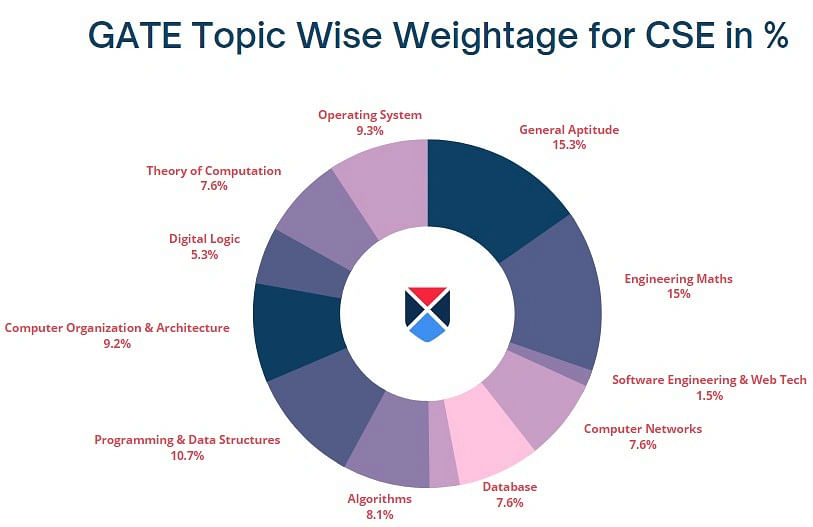
GATE Chemistry Syllabus 2026
Below is the GATE Syllabus 2026 for Chemistry:
| Chemistry Syllabus | Electronics and Communication Engineering Syllabus |
| Physical Chemistry | Engineering Mathematics |
| Inorganic Chemistry | Electronic Devices |
| Organic Chemistry | Digital Circuits |
| - | Networks, Signals, and Systems |
| - | Analog Circuits |
| - | Control System |
| - | Electromagnetics |
| - | Communication |
GATE Ecology and Evolution and Geology and Geophysics Syllabus 2026
Below candidates can find the GATE Ecology and Evolution and GATE Geology And Geophysics Syllabus:
| Ecology and Evolution Syllabus | Geology And Geophysics Syllabus |
| Ecology | Geology |
| Mathematics and Quantitative Ecology | Geophysics |
| Evolution | - |
| Behavioural Ecology | - |
GATE Mathematics Syllabus 2026
Below is the GATE 2026 syllabus for Mathematics:
| Mathematics Syllabus | |
| Calculus | Linear Algebra |
| Rear Analysis | Complex Analysis |
| Ordinary Differential Equations | Algebra |
| Functional Analysis | Numerical Analysis |
| Partial Differential Equations | Topology |
| Linear Programming | - |
GATE Metallurgy Syllabus 2026
The GATE Metallurgy Syllabus 2026 is provided below in the table:
| Metallurgical Engineering Syllabus | |
| Engineering Mathematics | Thermodynamics and Rate Process |
| Extractive Metallurgy | Physical Metallurgy |
| Mechanical Metallurgy | Manufacturing Process |
Read More: Essential Topics in GATE Metallurgy Syllabus
GATE Physics Syllabus 2026
Below candidates can find the GATE Physics Syllabus 2026:
| Physics Syllabus | |
| Mathematical Physics | Classical Mechanics |
| Electromagnetic Theory | Quantum Mechanics |
| Thermodynamics and Statistical Physics | Atomic and Molecular Physics |
| Solid State Physics and Electronics | Nuclear and Particle Physics |
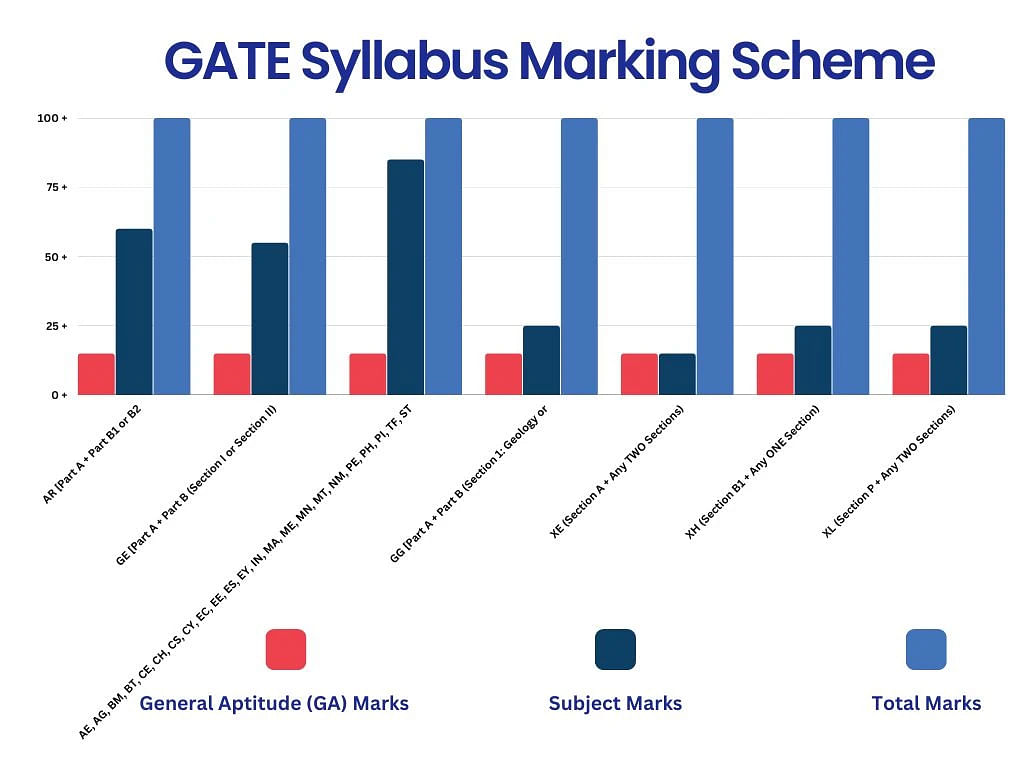
GATE XE, XL, and XH Subject Code Paper Syllabus
For all the disciplines covered by the Engineering Sciences category, see the GATE Engineering Sciences (XE) Syllabus. The GATE Life Science syllabus is also mentioned below:
| XE-A (Engineering Mathematics Syllabus) | |
| Linear Algebra | Calculus |
| Vector Calculus | Ordinary Differential Equations |
| Partial Differential Equations | Complex variables |
| Probability and Statistics | Numerical Methods |
| XE-B (Fluid Mechanism Syllabus) | |
| Flow and Fluid Properties | Kinematics |
| Integral analysis | Differential Analysis |
| Inviscid flows | Dimensional analysis |
| Internal flows | Prandtl boundary layer equations |
| XE-C (Material Sciences Syllabus) | |
| Processing of Materials | Characterization Techniques: |
| Structure and Imperfections | Thermodynamics and Kinetics |
| Properties of Materials | Material types |
| Environmental Degradation | Elements of Quantum Mechanics and Mathematics |
| XE-E (Thermodynamics Syllabus) | |
| Basic Concepts | Law of Thermodynamics |
| Thermodynamics Cycle | Thermodynamics Relations |
| Ideal Gas Mixtures | - |
| XE-F (Polymer Science and Engineering Syllabus) | |
| Chemistry of high polymers | Polymer Characterization |
| Synthesis and properties | Polymer blends and composites |
| Polymer Technology | Polymer rheology |
| Polymer processing | Polymer testing |
| XE-G (Food Technology Syllabus) | |
| Food Chemistry and Nutrition | Food Microbiology |
| Food Products Technology | Food Engineering |
| XL-P (Chemistry Syllabus) | |
| Atomic Structure and Periodicity | Structure and Bonding |
| s, p and d Block Elements | Chemical Equilibria |
| Electrochemistry | Reaction Kinetics |
| Thermodynamics | Structure-Reactivity Correlations and Organic Reaction Mechanisms |
| XL-R (Botany Syllabus) | |
| Plant Systematics | Plant Anatomy |
| Morphogenesis & Development | Physiology and Biochemistry |
| Genetics | Plant Breeding and Genetic Modification |
| Economic Botany | Plant Pathology |
| Ecology and Environment | – |
| XL-S (Microbiology Syllabus) | |
| Historical Perspective | Methods in Microbiology |
| Microbial Taxonomy and Diversity | Prokaryotic and Eukaryotic Cells: Structure and Function |
| Microbial Growth | Control of Micro-organisms |
| Microbial Metabolism | Microbial Diseases and Host-Pathogen Interaction |
| Chemotherapy/Antibiotics | Microbial Genetics |
| Microbial Ecology | - |
| XL-T (Zoology Syllabus) | |
| Animal world | Genetics |
| Evolution | Biochemistry and Molecular Biology |
| Cell Biology | Gene expression in Eukaryotes |
| Animal Anatomy and Physiology | Parasitology and Immunology |
| Development Biology | Ecology |
| Animal Behavior | |
| XH-B1 (Reasoning and Comprehension) (New) | |
| Reading Comprehension | Expression |
| Analytical reasoning | Logical reasoning |
| XH-C1 (Economics) (New) | |
| Statistics, Econometrics and Mathematical Economics | Microeconomics |
| Macroeconomics | International Economics |
| Public Economics | Development Economics |
| Indian Economy | – |
| XH-C3 (Linguistics) (New) | |
| Areal Typology, Universals, Cross-linguistic Features | Language and Linguistics |
| Levels of Grammar and Grammatical Analysis | Historical Linguistics |
| Sociolinguistics | Methods of analysis |
| Applied Linguistics | – |
| XH-C4 (Philosophy) (New) | |
| Classical Indian Philosophy | Contemporary Indian Philosophy |
| Classical and Modern Western Philosophy | Contemporary Western Philosophy |
| XH-C5 (Psychology) (New) | |
| Perception, Learning, Memory, and Forgetting | Cognition: Thinking, Intelligence, and Language |
| Research Methods and Statistics | Psychometrics |
| The biological and evolutionary basis of behavior | Personality |
| Applications of Psychology | Motivation, Emotion, and Stress and Coping |
| Social psychology | Development across the life span |
| XH-C6 (Sociology) (New) | |
| Family, Marriage, and Kinship | Sociological Theory |
| Research Methodology and Methods | Sociological Concepts |
| Agrarian Sociology and Rural Transformation | Indian Society / Sociology of India |
| Social Movements | Sociology of Development |
GATE Exam Pattern 2026
Meanwhile, the GATE exam pattern would be very helpful to students getting ready for the exams. GATE 2026 test questions are all totally objective. Numerous choice questions (MCQs) and questions with numerical answers (NATs) could be included in the question pattern. The following table provides a complete overview of the GATE 2026 exam pattern:
| Particulars | Details |
| Examination Mode | Computer Based Test (Online) |
| Duration | 3 Hours |
| Number of Papers in GATE 2026 | 30 Papers |
| Section |
General Aptitude (GA) Candidate Selected Subject |
| Type of Questions |
Multiple Choice Questions (MCQs) Multiple Select Questions (MSQs) Numerical Answer Type (NAT) Questions |
| Design of Questions | The questions are designed to test the listed abilities
Application Analysis Comprehension Recall Synthesis |
| Number of Questions | 65 Questions (including 10 questions from General Aptitude) |
| Distribution of Questions in all Papers except AR, CY, EY, GG, MA, PH, and XL |
Engineering Mathematics - 13 Marks Subject Questions - 72 Marks General Aptitude - 15 Marks |
| Distribution of Questions in AR, CY, EY, GG, MA, PH, XH and XL |
Questions from Subject Concerned - 85 Marks General Aptitude - 15 Marks |
| Total Marks | 100 Marks |
| Marking Scheme | All of the questions will be worth 1 or 2 marks |
Architecture and Planning (AR) New Pattern 2026
- The General Aptitude (GA) component of the paper is worth 15 marks, as it is for all GATE 2026 examinations.
- The Paper is divided into two sections that cover the syllabus: Part A (60 marks) and Part B. (25 marks).
- All candidates must complete Part A.
- Architecture and Part B2 are the two optional sections in Part B. (Planning).
GATE 2026 Important Books
Candidates can find a list of important books for the preparation of the GATE exam. It is necessary to have a proper set of books handy before planning for an exam. The list of books is tabulated below subject-wise:
List of Important Books for Computer Science Engineering
| Particulars | Books & Author |
|
Theory of Computation |
An Introduction to Formal Languages and Automata by Peter Linz |
|
Computer Organization & Architecture |
Computer Architecture – A Quantitative Approach by Hennessy and Patterson Computer Organization and Embedded systems by Carl Hamacher |
|
Programming & Data Structures |
Classic Data Structures by Debasis Samanta The C Programming language by Dennis Richie |
|
Engineering Mathematics |
Advanced Engineering Mathematics by Erwin Kreyszig Discrete Mathematics and Its Applications by Kenneth Rosen |
|
Algorithms |
Introduction to Algorithms by Cormen Data Structures & Algorithms by R.S. Salaria |
|
Compiler Design |
Compiler Design in C by Allen I Holub Compilers: Principles, Techniques and Tools by Aho & Ullman |
|
Operating System |
Operating Systems by Stallings Operating System Concepts by Galvin |
|
Databases |
Database System Concepts by Henry. F. Korth Normalisation and indexing by Shamkant B. Navathe |
|
Digital Logic |
Digital Electronics by S. Salivahanan & S. Arivazhagan Digital Design by Morris Mano |
|
Computer Networks |
Computer Networks by Peterson & Davie Data Communications and Networking by Kurose & Ross and Behrouz A. Forouzan |
List of Important Books for Electronics & Communication Engineering
| Particulars | Books & Author |
|
General Aptitude |
Quantitative Aptitude by CAT by Arun Sharma, Quantitative Aptitude by R.S Agarwal |
|
Control System |
Control Systems by Nagarath and Gopal Control Systems Engineering by Norma Nise |
|
Network |
Network Theory by Alexander Sadiku Network Analysis by Van Valkenburg Circuit Theory by A.Chakraborty |
|
Electronic Devices |
Electronic Devices and Circuits by Millman & Halkias, Semiconductor Physics And Devices by Donald A. Neamen, Solid state electronic devices by Ben G. Streetman and Sanjay Banerjee |
|
Signal Systems |
Digital Signal Processing by S.K Mitra, Modern digital and analog Communications system by BP Lathi, Signals & Systems By Alan V. Oppenheim |
|
Digital System |
Digital Logic and Computer Design by M.Morris Mano, Digital circuits and design by Salivahanan Fundamentals of digital systems by Anandkumar, Digital Electronic Principles and applications by Ronald J. Toccii, Pearson Publications |
|
Electromagnetics |
Elements of Electromagnetics by Matthew N.O. Sadiku Network lines and fields by J.D ryder (Transmission lines part) Electromagnetic waves and Radiating Systems by Jordon and ballmain Antenna Theory by Balanis |
List of Important Books for Computer Science Engineering
| Particulars | Books & Author |
|
Engineering Mechanics |
Engineering Mechanics by Bhavikatti Engineering Mechanics by R K Rajput Engineering Mechanics by Beer and Johnston |
|
Fluid Mechanics |
Fluid Mechanics by R K Bansal Fluid & Hydraulics - Modi and Seth |
|
Heat Transfer |
Heat Transfer by Cengel and Holman Heat and Mass Transfer by J P Hollman and R C Sachdeva |
|
Strength of Materials |
Strength of Materials by Gere and Timoshenko, B C Unamia, Sadhu Singh, Ramamrutham |
|
Industrial Engineering |
Industrial Engineering by O P Khanna, Buffa and Sarin |
|
Manufacturing Engineering |
Production Technology: Manufacturing Processes, Technology and Automation by R.K. Jain |
|
Design of Machine Elements |
Machine design - V.B. Bhandari |
|
Theory of Machines |
Theory of Machines by Ratan |
|
Thermal Science |
Engineering Thermodynamics by P.K. Nag |
|
Thermodynamics |
Engineering Thermodynamics by P K Nag and Rajput Thermodynamics by Cengel. |
|
Vibrations |
Mechanical Vibration by Grover |
List of Important Books for Electrical Engineering
| Particulars | Books & Author |
|
Networks |
Engineering Circuit Analysis by Hayt & Kemmerly |
|
Signal and systems |
Signals and Systems by Oppenheim & Wilsky Signals and Systems by Nagoor Kani |
|
Electrical Machine |
Electrical Machinery by P.S.Bimbhra |
|
Control system |
Control Systems Engineering by Nagrath & Gopal |
|
Measurement |
Electrical and Electronic Measurement & Instrumentation by AK Sawhney |
|
Circuit analysis |
Transient Analysis Of Electric Power Circuits by Arieh L Shenkmann and also Chakrabarthi |
|
Analog |
Electronic Devices and Circuit Theory by Boylestad |
|
Digital Circuits |
Digital Design by M.Morris Mano |
|
Engineering Mathematics |
Advanced Engineering Mathematics by E.Kreyszig |
|
Electro Magnetics |
Elements of Electromagnetics by Mathew N. O. Sadiku Engineering Electromagnetics by William .H.Hayt |
|
Power Electronics |
For Beginners - Power Electronics by MH Rashid Power Electronics by P.S.Bimbhra |
|
Power system |
Power Systems Engineering by Nagrath & Kothari Power Systems by JB Gupta & CL Wadhw |
List of Important Books for Civil Engineering
| Particulars | Books & Author |
|
Theory of Structure |
CK Wang, S. Ramamrutham, L.S. Negi & Jangit |
|
Theory of Elasticity |
Timoshenko & Gere |
|
Theory of Structure |
Wilbur & Norris |
|
Strength of Materials/Mechanics of Structure |
Gare & Timoshenko, E. Popove, L. Singer, B.C. Punamia, Rammamrutham |
|
Soil Mechanics |
Gopal Ranjan & Rao, Venkat Ramaiha, S. K. Garg, B.C. Punamia, V N S Murthy |
|
Steel Design |
Kazimi Zindal to improve concepts; for numerals L.S. Negi and for other topics – S.K. Duggal |
|
Reinforced Concrete Structures Design (RCC) |
Krishna Raju, PC Varghese, Pillai & Menon |
|
Railway Engineering |
Subhash And Satyapal |
|
Pre-stressed Concrete |
Krishna Raju |
|
Reinforced Concrete |
Ashok K Jain |
|
Water Resources |
S K Garg |
|
Transportation |
Justo Khanna |
|
Geo-tech Engineering |
Gopal Ranjan and Rao, R.F. Craig |
|
Environmental Engg |
SK Garg (1&2), Peavy-Rowe |
|
Highway Engineering |
Khanna |
|
CPM-PERT/ Construction Tech |
BC Punmia, Peurifoy |
|
Fluid Mechanics & Machines |
RK Bansal, Modi & Seth |
|
Pavement & Traffic |
Khanna & Justo, Kadiyali |
|
Railway & Airport |
Saxena & Arora |
|
Surveying |
KR Arora; BC Punmia |
|
Build materials |
ML Gambhir; BC Punmia; MS Shetty |
|
Irrigation |
SK Garg |
List of Important Books for Instrumentation Engineering
| Particulars | Books & Author |
|
Mathematics |
Advanced Engineering Mathematics by Erwin Kreyszig |
|
Network Theory |
Engineering Circuit Analysis by Steven M. Durbin, Jack E. Kemmerly , William H. Hayt |
|
Transducers |
Introduction to Measurements and Instrumentation by Arun K Ghosh |
|
Signals and Systems |
Signals And Systems (Schaum’s Outline Series) by H P HSU Signals & Systems by Alan V. Oppenheim |
|
Communication Systems |
Modern Digital and Analog Communication System by B P Lathi |
|
Electrical and Electronic Measurements |
A Course In Electrical And Electronic Measurements And Instrumentation by A K Sawhney |
|
Analog Electronics |
Fundamentals of Microelectronics by Behzad Razavi GATE - Electronics & Communication by R K Kanodia |
|
Control System |
Automatic Control Systems by B C Kuo |
Read More: GATE Books
FAQs on GATE Syllabus
Q: Are any changes expected in GATE 2026 syllabus?
Yes, GATE 2026 will have 30 papers and new syllabus of Data Science and Artificial Intelligence (DA) was added previously.
Q: How much time would it take to prepare for GATE exam syllabus 2026?
It is advised that students begin preparation at least 6 months in advance to be able to crack the exam and to obtain a good score.
Q: Is the GATE syllabus same for all papers?
Yes, GATE 2026 syllabus for general aptitude is the same regardless of what paper you choose to write.
Q: What is the ratio of practical vs theoretical questions?
Generally 80% questions are practical, and 20% are theoretical. However, this ratio is subject to change
Q: How many GATE papers can a single individual apply for?
Any candidate can apply for upto two papers for GATE exam. Earlier only one paper was allowed to be attempted by each candidate.
Q: What is GATE Data Science and Artificial Intelligence (DA) syllabus?
GATE syllabus 2026 for Data Science and Artificial Intelligence (DA) covers a wide range of topics like Probability, statistics, linear algebra, algorithms, Programming, Data Structures, database management systems, warehousing, machine learning and Artificial intelligence.
Q: Is GATE syllabus 2025 released?
IIT Roorkee will release the GATE syllabus 2026 PDF for all 30 subjects at gate2024.iisc.ac.in. Subject-wise GATE exam syllabus 2025 contains chapter-wise topics that aspirants should prepare for the GATE exam.
Q: What is the ideal time to complete GATE syllabus?
If you want to get a GATE rank below 100 while also pursuing a B. Tech., you need set aside roughly 700 hours for entire syllabus preparation and 500 hours for practice, revision, and test series. So, if you start in your pre-final year, you'll have about 1.5 to 2 years until the exam.
Q: Is GATE exam syllabus different for different branches?
Generally, the GATE Exam syllabus is tailored to the chosen discipline. There are 30 different subjects to pick from, and candidates must select one or two from this list.
Q: What is the syllabus of GATE GA?
GATE GA syllabus covers four important subtopics: verbal aptitude, numeric aptitude, analytical aptitude, and spatial aptitude. GATE Exam 2024 contains 30 subjects, or sectors.
Q: What is the syllabus of GATE Life Sciences 2026?
GATE Life Science Syllabus is divided into three sections including Chemistry (XL-P), General Aptitude, and Life Science subjects, namely- Botany (XL-R), Biochemistry (XL-Q), Zoology (XL-T), Microbiology (XL-S) and Food Technology (XL-U).
Q: Is GATE syllabus vast?
GATE exam syllabus 2026 is vast and requires a lot of time and effort to prepare for the exam to be conducted in Feb 2026.
